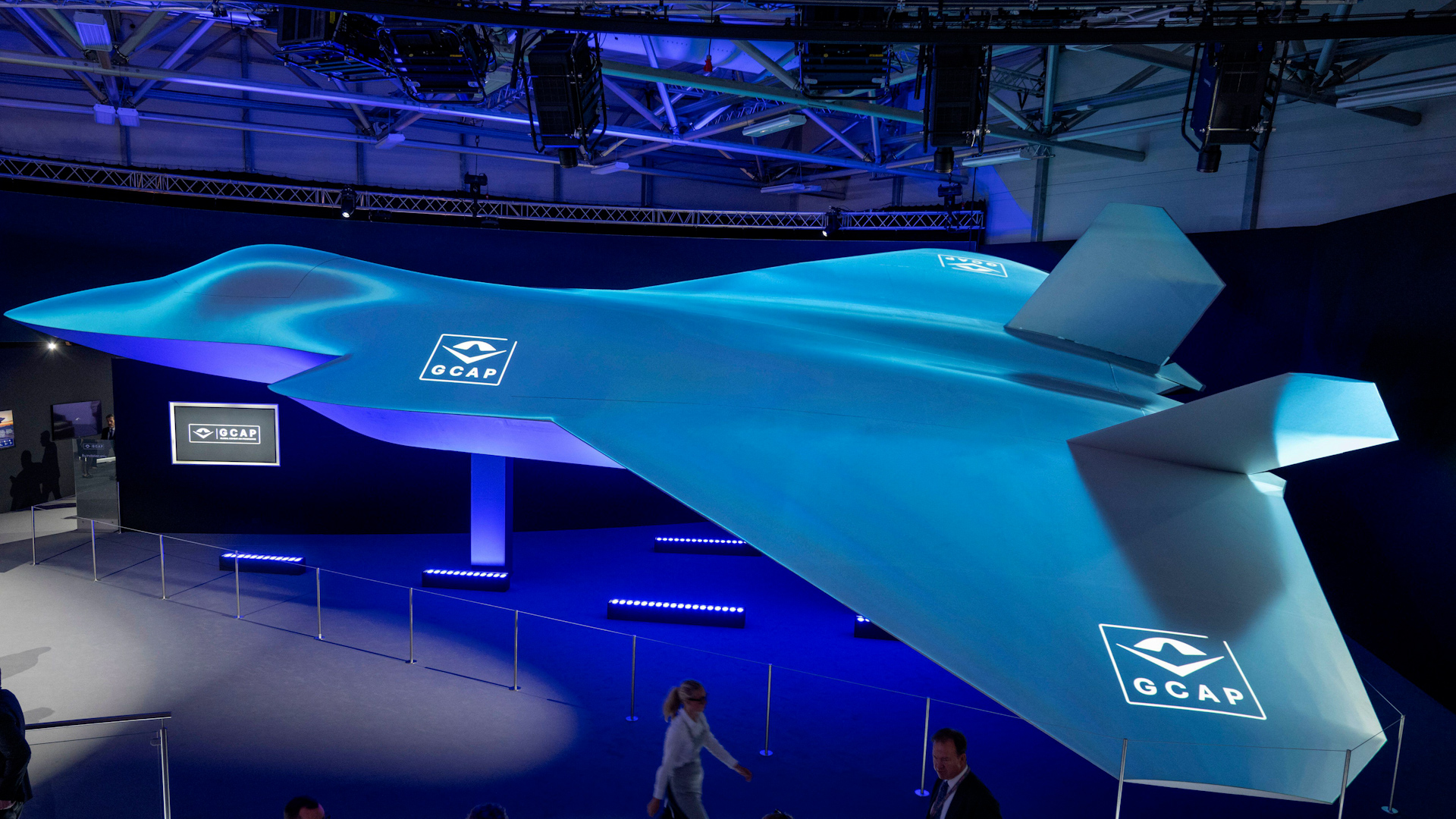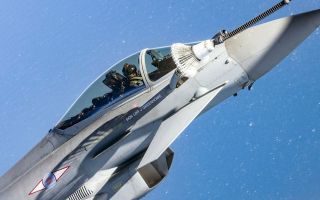
Next-gen fighter must break the mould without soaring costs and delays, says new report

The MOD has been urged to remain on time and stay on budget when delivering the next generation of fighter jets.
The Global Combat Air Programme (GCAP) is an international partnership between the UK, Japan and Italy that will design, manufacture and deliver these jets.
But a new report from the Defence Select Committee warned the MOD that the in-service target date of 2035 was both ambitious and challenging.
The committee also said meeting the deadline would require developing the core platform in half the time of comparable programmes such as F-35 and Typhoon.
The MOD has acknowledged that "pace in delivery is critical to programme success", committing more than £2bn to GCAP since 2021.
It has also budgeted more than £12bn for the programme over the next 10 years.
But with increasing pressure on the defence budget, the report called for the Government and industry to keep tight control of the costs.
The committee pointed out that rising costs and delays were commonplace with multilateral defence programmes, and GCAP must not follow this pattern.
Defence Committee chair Tan Dhesi said the GCAP was an "exciting opportunity", but warned the MOD must have a "firm grip" on the programme.
"The world is an increasingly volatile and dangerous place and new air power capabilities – such as those promised by GCAP – will be essential if we are to meet the challenges ahead," he said.
"All too often multilateral defence programmes are beset with soaring costs and mounting delays.
"GCAP must break the mould."
Mr Dhesi said the project's timescales were ambitious, adding there was currently a window of opportunity at this early stage to make sure it is on the right track.
"If we are to maintain pace and meet the 2035 target, the programme must be structured to enable the right people to make timely and binding decisions," he said.
"History shows us that costs can easily spiral, but pressures on the UK's defence budget mean there is no margin for mismanagement."
The report said the Government should consider a multi-year funding arrangement to allow the programme to develop rom a secure footing.
It also said a holistic approach, transitioning the existing Typhoon workforce onto GCAP, should be taken to aid recruitment and retention.
Mr Dhesi said the MOD "already has a workforce with a wealth of experience and expertise", and it should be utilised.
"The UK's proud history in combat air manufacturing is rooted in its workforce," he said.
"It's people that will be key to the success of GCAP, and the MOD must ensure that they are prioritised," he said.








